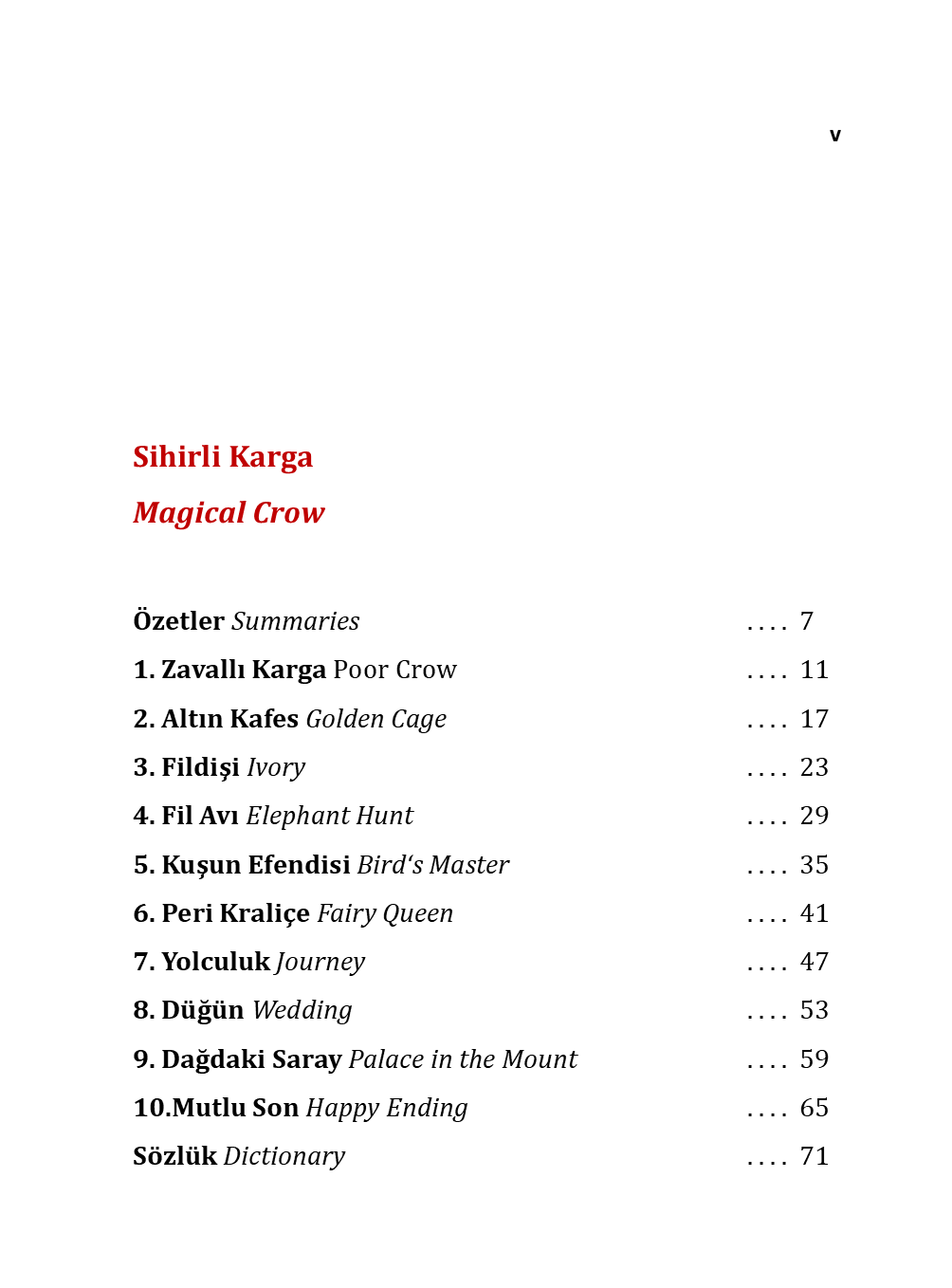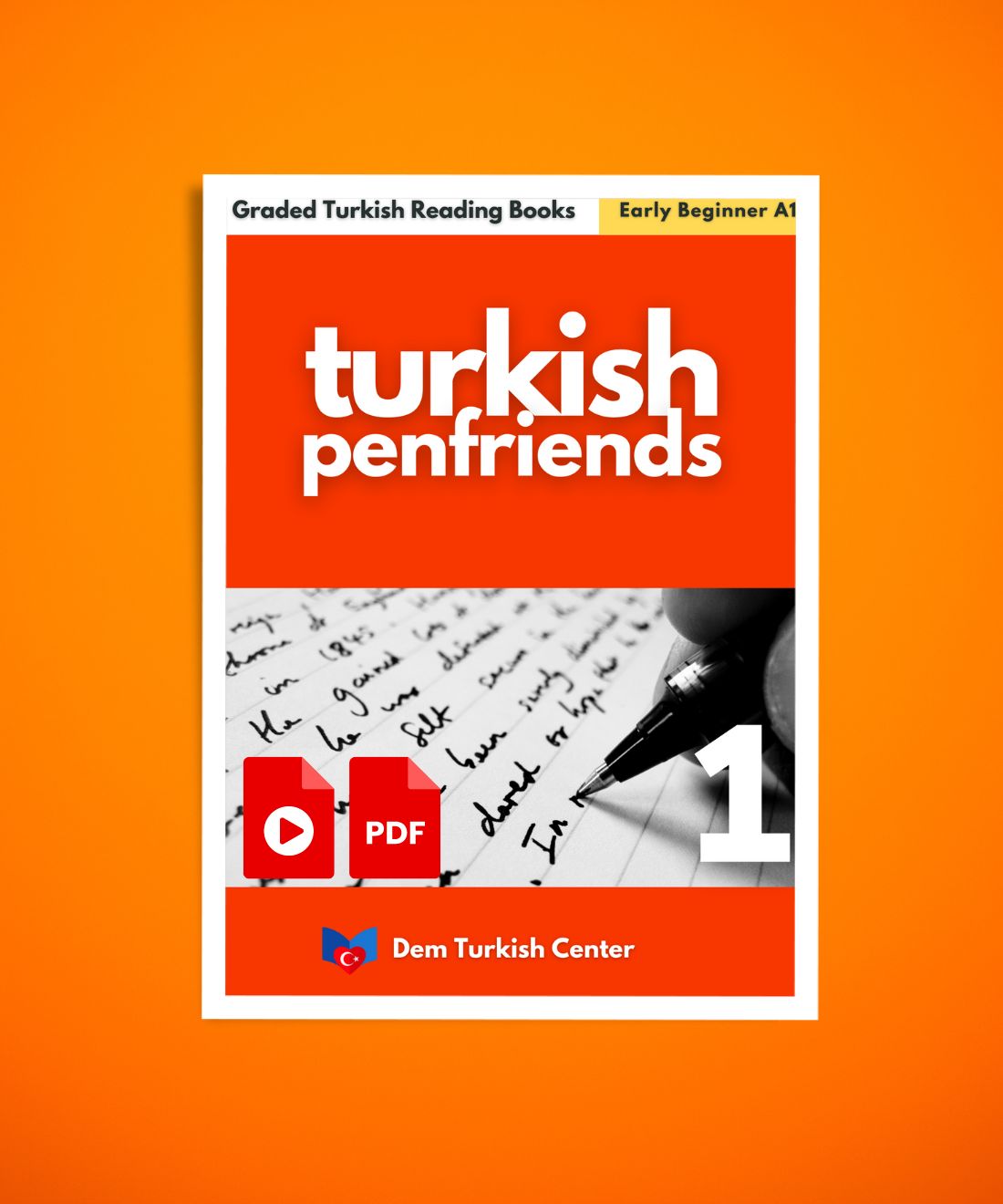
How to use "Kendi (Self, Own)" in Turkish language
If you’re learning Turkish, you’ve likely come across the word "kendi." It’s a versatile and commonly used word that can add depth and nuance to your Turkish sentences. However, its meaning and usage can be tricky to master.
HOW TO USE "KENDİ" IN TURKISH
In this blog post, we’ll break down the different ways to use "kendi," complete with examples to help you understand and practice.
What Does "Kendi" Mean?
In its simplest form, "kendi" means "self" or "own." It is used to emphasize reflexive actions or possession. The meaning changes depending on how it is used in a sentence and with other grammatical structures.
Download Turkish grammar lessons and worksheets for self-study!
1. Reflexive Pronoun (Myself)
"Kendi" is often used as a reflexive pronoun, similar to "myself," "yourself," or "themselves" in English. It emphasizes that the subject and object of the sentence are the same.
- (Benim) Kendim Myself
- (Senin) Kendin Yourself
- (Onun) Kendisi Himself, Herself, Itself
- (Bizim) Kendimiz Ourselves
- (Sizin) Kendiniz Yourselves
- (Onların) Kendileri Themselves
Read the examples examples:
- Ben kendimi iyi hissediyorum. I feel good. (Literally 'I feel myself food' in Turkish)
- Sen kendini nasıl hissesiyorsun? How do you feel? (Literally 'How do you feel yourself?' in Turkish)
- Kendine iyi bak. Take care of yourself.
Notice that when "kendi" is used reflexively, it takes a possessive suffix (e.g., "kendim," "kendin," "kendisi") and often an object case suffix (e.g., "kendimi," "kendini").
2. Emphasis on Possession (Own)
"Kendi" can emphasize possession when used with possessive pronouns or nouns. It adds the meaning of "one's own." For example:
- Bu benim kendi kararım. This is my own decision.
- Onun kendi arabası var. He / she has his / her own car.
- Bi kendi şirketimizi kurduk. We founded our own company.
3. Standalone Usage for Emphasis
"Kendi" can be used on its own to emphasize the subject. It implies that the subject personally performed the action or took responsibility. For example:
4. As Part of Fixed Expressions
"Kendi" appears in several fixed expressions and idioms in Turkish. These expressions often carry a figurative or cultural meaning.
- Kendine iyi bak! Take care of yourself!
- Kendini kaybetmek To lose oneself, to lose control.
- Kendi kendine By oneself, on one’s own.
5. Double Usage: "Kendi Kendine"
A unique feature of "kendi" is its ability to pair with itself (“kendi kendine” or “kendi kendimize”) to mean "by oneself" or "on one’s own."
- Ben Türkçeyi kendi kendime öğreniyorum. I am learning Turkish by myself.
- Neden Kendi kendine konuşuyorsun? Why are you talking to yourself?
Çocuk kendi kendine oynuyor. The child is playing by himself.
Tips for Mastering "Kendi"
- Practice with Reflexive Verbs Verbs like "hissetmek" (to feel), "ifade etmek" (to express), and "hazırlanmak" (to get ready) are often used with "kendi."
- Memorize Fixed Expressions Common phrases like "kendine iyi bak" are useful in daily conversations.
- Use Possessive Forms Pay attention to suffixes like "-im," "-in," "-i," etc., to match the subject.
- Immerse Yourself Listen to native speakers and note how they use "kendi" in different contexts.
Mastering the word "kendi" is essential for achieving fluency in Turkish. It not only allows you to express reflexive actions but also adds emphasis and clarity to your sentences. With practice and exposure, you’ll find "kendi" becoming a natural part of your Turkish vocabulary.
Start incorporating "kendi" into your sentences today, and you’ll be amazed at how versatile and powerful this small word can be!














